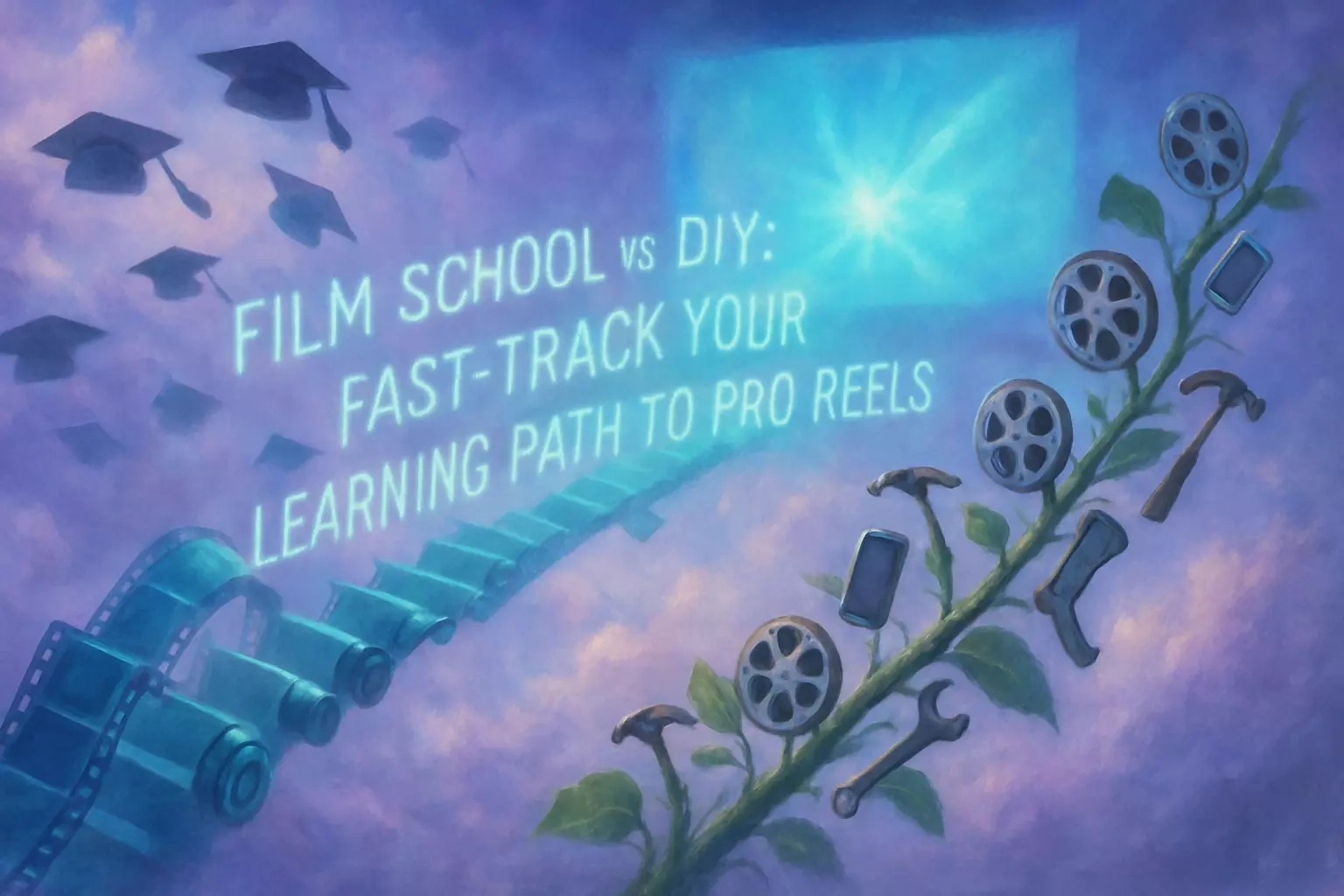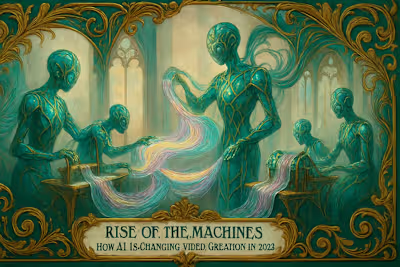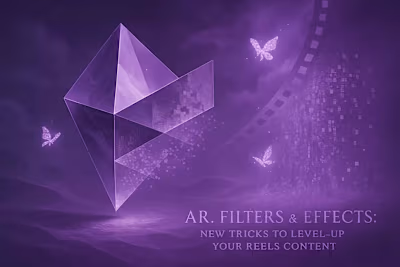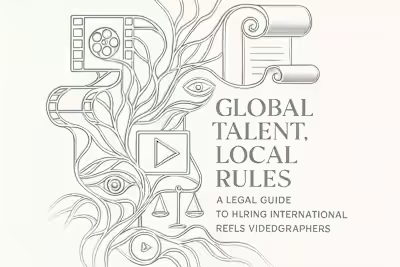Film School vs. DIY: Fast-Track Your Learning Path to Pro Reels

Film School vs. DIY: Fast-Track Your Learning Path to Pro Reels
The Case for Film School: Structure, Networking, and Credentials
Structured Curriculum and Foundational Theory
Access to Professional Equipment and Facilities
Building a Professional Network
The DIY Route: Flexibility, Affordability, and Real-World Speed
The University of YouTube and Online Courses
Learning at Your Own Pace and on Your Own Dime
Learning by Doing: The Ultimate Teacher
The Hybrid Approach: Getting the Best of Both Worlds
Supplementing DIY with Workshops and Masterclasses
Building a Network Outside of School
What to Learn, No Matter Your Path
The Fundamentals of Visual Storytelling
The Business of Freelancing
Conclusion
References
Film School vs. DIY: Fast-Track Your Learning Path to Pro Reels
The Case for Film School: Structure, Networking, and Credentials
Structured Curriculum and Foundational Theory
Access to Professional Equipment and Facilities
Building a Professional Network
The DIY Route: Flexibility, Affordability, and Real-World Speed
The University of YouTube and Online Courses
Learning at Your Own Pace and on Your Own Dime
Learning by Doing: The Ultimate Teacher
The Hybrid Approach: Getting the Best of Both Worlds
Supplementing DIY with Workshops and Masterclasses
Building a Network Outside of School
What to Learn, No Matter Your Path
The Fundamentals of Visual Storytelling
The Business of Freelancing
Conclusion
References
Posted Jun 30, 2025
Should you go to film school or teach yourself? We break down the pros and cons of each path for aspiring Reels videographers to help you learn faster.









